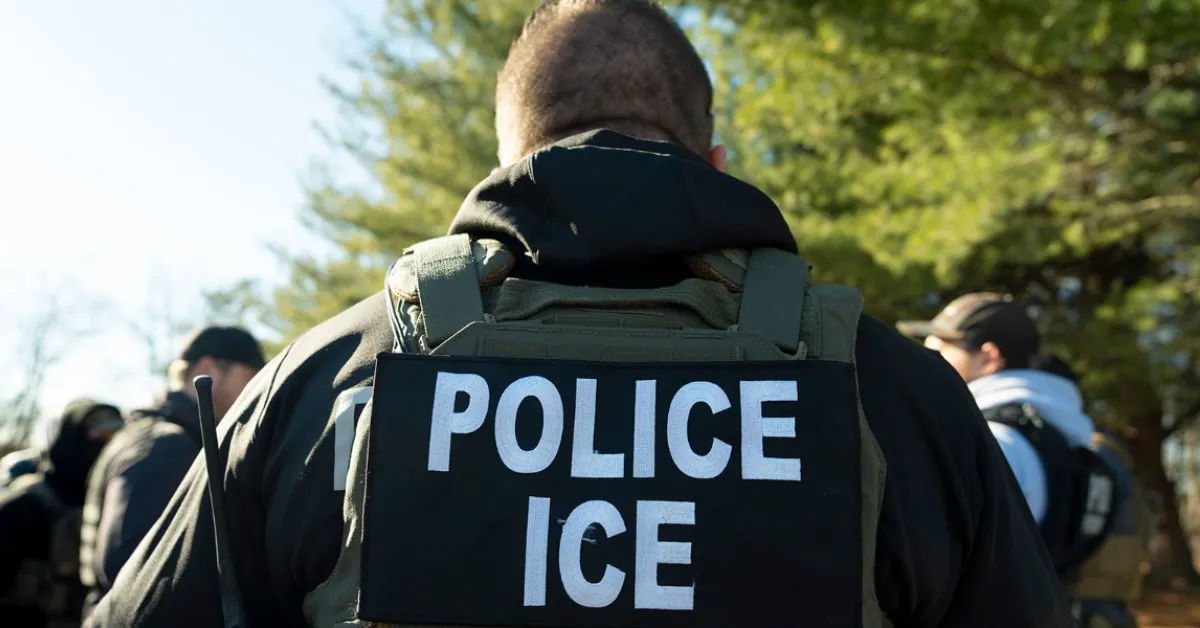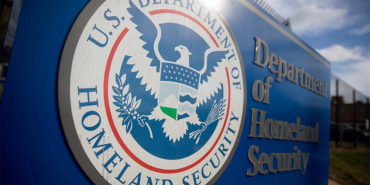Undocumented Kenyans in the US Face Growing Deportation Fears Amid Policy Crackdown

As the socio-political climate in the United States remains tense, many Kenyans and other undocumented immigrants live under constant threat of deportation, navigating an existence fraught with fear and uncertainty.
The situation echoes the sentiments expressed by late Maasai politician William Ole Ntimama, who likened their plight to living “lie low like an envelope.” This metaphor captures the reality faced by these individuals as they grapple with the consequences of their undocumented status.
Recent discussions within the Kenyan community, particularly on social media platforms like TikTok, highlight a growing sentiment of caution.
An emerging narrative advises undocumented immigrants to remain silent about their status, with viral content emphasizing the risks associated with disclosing their immigration struggles. The US Congresswoman Ilhan Omar has further fueled this discourse by suggesting that undocumented immigrants avoid interaction with Immigration and Customs Enforcement (ICE) agents, framing discretion as a vital means of protection amidst a hostile environment. The legal landscape for undocumented individuals is further complicated by prevailing political narratives that associate them with crime and insecurity.
Under the Trump administration, strict immigration policies have been enacted thus reinforcing the perception that unauthorized immigrants pose risks to public safety. Current data from the Migration Policy Institute underscores the scale of the issue, revealing that approximately 46.2 million immigrants resided in the US in 2022. Among them, a troubling report indicates that 128 Kenyans faced deportation between October 2020 and September 2024, coinciding with an increase in efforts to detain undocumented immigrants.
The factors driving undocumented immigration are complex and multifaceted. Hannibal Wanguhu, a businessman who resided in the US for over a decade, describes the US capitalist system as one that incentivizes the employment of undocumented workers as a source of cheap labour. Many individuals find the path to legal status difficult to navigate, compelling them to live in the shadows for extended periods, despite their contributions to the economy remaining largely unacknowledged.
Dr. Marvin Opiyo, an educator based in California, explains that undocumented individuals often adopt strategies to minimize their visibility, avoiding areas where ICE may operate. This lifestyle often results in significant psychological strain as individuals and families face the ongoing threat of raids and deportation. Legal advisors specializing in immigration, such as Gladys Mogaka, emphasize the importance of understanding visa requirements and compliance with immigration laws.
Yet many Kenyans, due to various circumstances, find themselves "out of status" after arrival, often hindered by economic challenges that complicate their ability to transition to legal compliance. Some individuals resort to fraudulent practices, including marriages meant to circumvent immigration laws, which can lead to severe legal repercussions, including criminal charges and deportation. The range of consequences for overstaying visas or participating in unauthorized employment includes monetary fines and long-term bans from re-entering the US.
As political rhetoric increasingly targets immigrants, the spectre of deportation looms for many Kenyans in the United States. The anxiety surrounding potential forced returns to Kenya, often without resources to rebuild their lives, is palpable among undocumented individuals. The experiences shared by Wanguhu and Opiyo highlight the discrepancy between the perception of life in the US as a pathway to prosperity and the often harsh reality characterized by relentless labour and financial burdens.














Add new comment